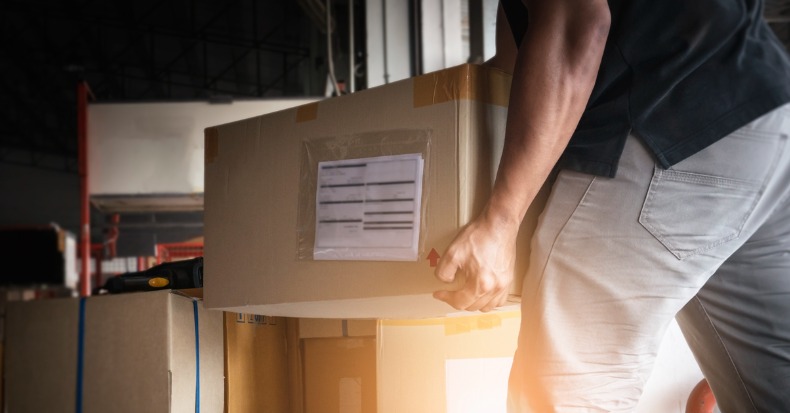We all know it's important to maintain good back health by doing things that help strengthen it and avoid the things that cause harm. This is just common sense. But just what are the "things" we need to avoid and what are some simple activities we can do to prevent back problems from occurring in the first place?
Most people are aware of the motto "lift with the legs," which means bending your knees when lifting something. But there are also some other tips you need to know to avoid a back injury.
First, the back disks are highly pressurized (full of water) first thing in the morning. This makes your back more stiff. It also makes the stresses on the disk more substantial with when you lift earlier in the day. So if possible, avoid lifting heavy things or lifting from a stooped or awkward position first thing in the morning. If you have a choice of doing laundry in the morning or in the afternoon/evening, do it during in the afternoon/evening hours.
Another thing to think about when lifting something awkward or heavy is to get some help. There's no point in trying to be Superman or Superwoman and test the limits of your back strength. A second person helping could save you from a lot of pain and disability.
Also, avoid sitting as much as possible. While some jobs make this difficult, there's no reason to follow eight hours of sitting at work with four hours of sitting at home in the evenings. The back craves and thrives on motion, especially walking. Why not go for a thirty-minute walk after dinner, instead of being a couch or chair potato? Sitting in a chair is a very unnatural position for the lumbar spine. Best of all, while walking can be helpful for the back, it can also pay dividends for your heart health and longevity.
Another important "do" for the low back is stretching. Simply stretching the calves (lower legs), hamstrings (back of the thighs), and quadriceps (front of the legs) for 30 seconds each can help keep the back flexible. Remember how you should life with your legs? Well, if the legs muscles are tight and/or weak, then the low back is going to take up much more of the weight and stress, increasing your risk for injury.



